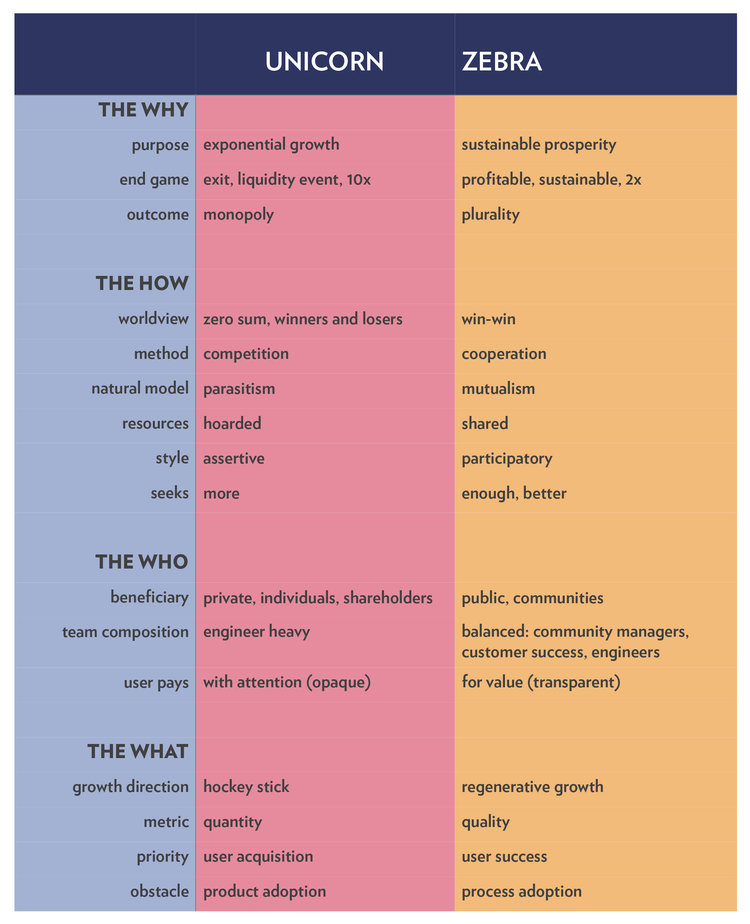The Twenty-Six Words that Created the Internet is Jeff Kosseff’s definitive history and analysis of the current fight over Section 230, the fight over who will be held responsible to forbid speech. In it, Kosseff explains how debate over intermediary liability, as this issue is called, stretches back to a 1950s court fight, Smith v. California, about whether an L.A. bookseller should have been responsible for knowing the content of every volume on his shelves.
For me this is the probably the key idea. Facebook doesn't need to be responsible for everything that their users post, but when they cross the line into actively algorithmically promoting and pushing that content into their users' feeds for active consumption, then they do have a responsibility for that content.
By analogy image the trusted local bookstore mentioned. If there are millions of books there and the user has choice when they walk in to make their selection in some logical manner. But if the bookseller has the secret ability to consistently walk up to children and put porn into their hands or actively herding them into the adult sections to force that exposure on them (and they have the ability to do it without anyone else realizing it), then that is the problem. Society at large would further think that this is even more reprehensible if they realized that local governments or political parties had the ability to pay the bookseller to do this activity.
In case the reader isn't following the analogy, this is exactly what some social platforms like Facebook are allowing our politicans to do. They're taking payment from politicans to actively lie, tell untruths, and create fear in a highly targeted manner without the rest of society to see or hear those messages. Some of these sorts of messages are of the type that if they were picked up on an open microphone and broadcast outside of the private group they were intended for would have been a career ending event.
Without this, then we're actively stifling conversation in the public sphere and actively empowering the fringes. This sort of active targeted fringecasting is preventing social cohesion, consensus, and comprimise and instead pulling us apart.
Perhaps the answer for Facebook is to allow them to take the political ad money for these niche ads and then not just cast to the small niche audience, but to force them to broadcast them to everyone on the platform instead? Then we could all see who our politicians really are?
